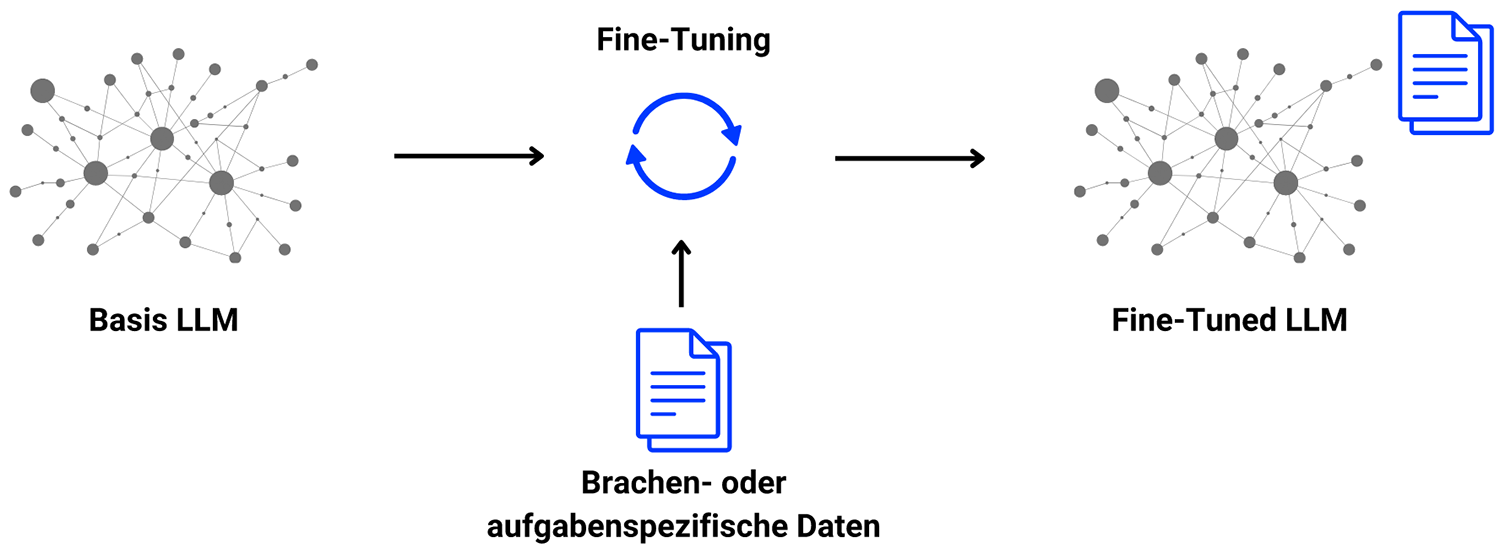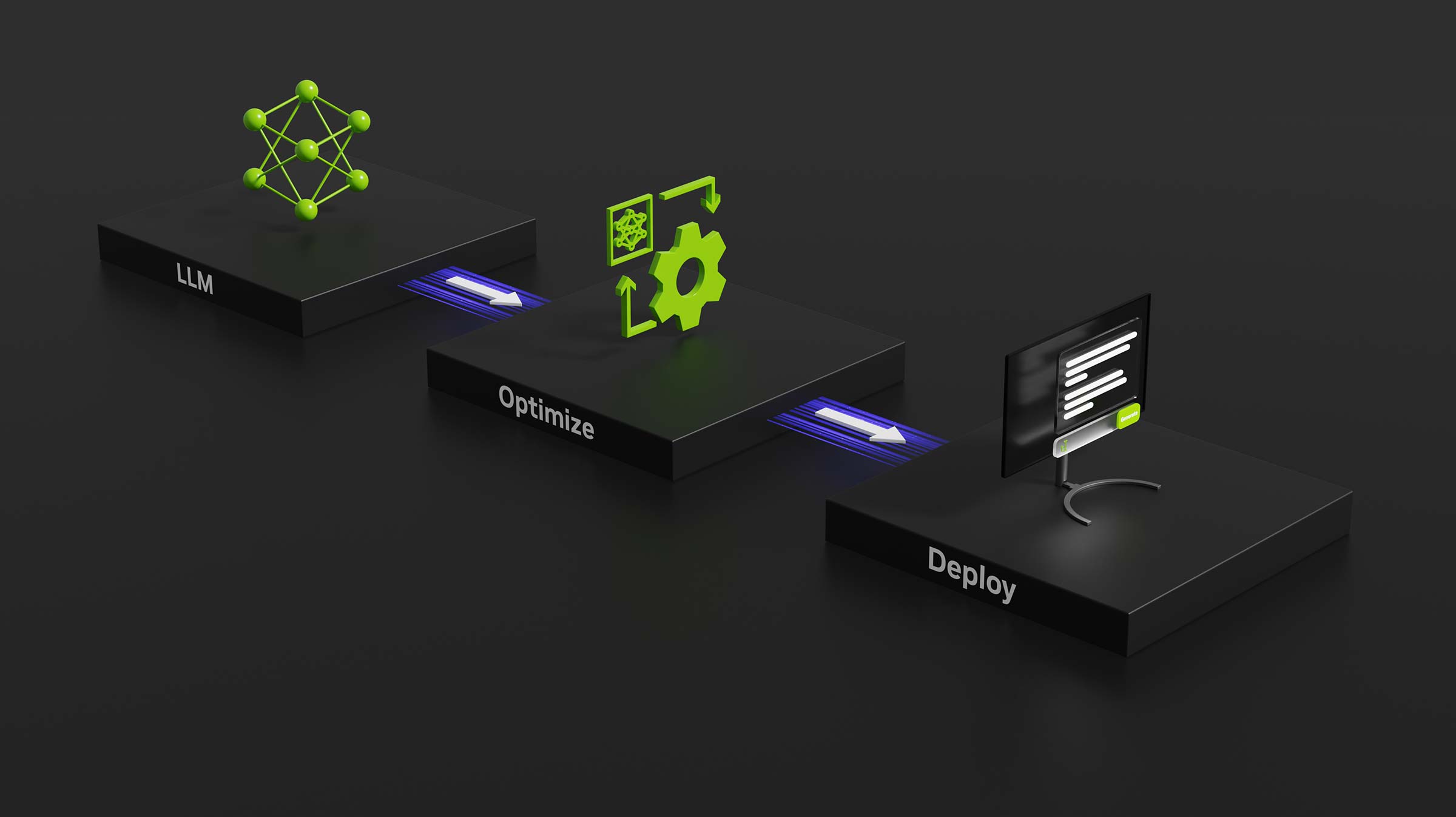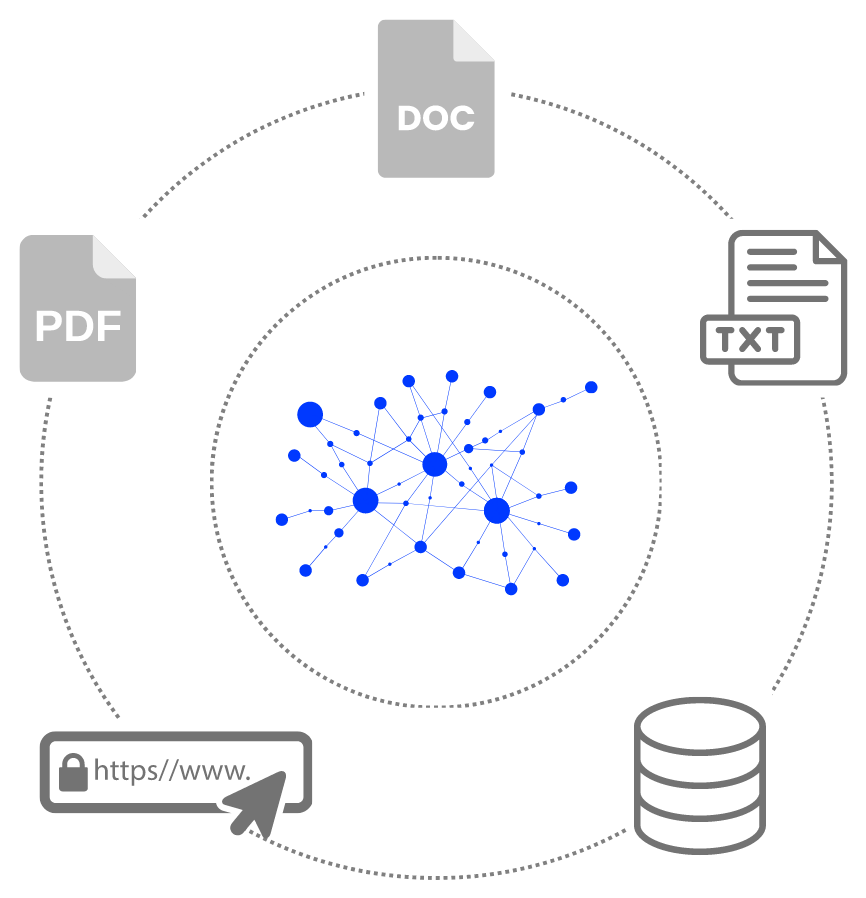Language model fine-tuning

Adapt language models to the needs of your SME

What is Fine Tuning?
Improve the effectiveness and accuracy of your AI by training your language model with industry or task-specific data.
Fine Tuning optimizes a pre-trained language model (LLM, Large Language Model) for special and specific industry or task requirements by re-training it with a targeted selection of data.
This specific customization significantly increases the accuracy and efficiency of the model when it comes to industry or task-specific queries.

Advantages for your SME
By fine tuning your language model, you can fully exploit the possibilities of artificial intelligence to significantly improve productivity, efficiency and accuracy in your SME.
Here are the three main benefits that fine tuning can bring to your business:

Fine tuning gives you more control over the functioning and results of your AI.
Optimally adapt your AI model to the business processes of your SME.
By using AI technologies that are tailored to the needs of both your SME and your customers, you can set yourself apart from the competition.
Individualization through fine tuning: Your AI, your advantage
Stand out from the crowd with AI solutions that are as unique as your company.
Evoya AI’s fine-tuning service gives you the opportunity to personalize your AI.
For SMEs, this means that your AI solutions can not only respond more precisely to your own individual needs, but also to those of your customers, resulting in improved performance, more effective automation and increased customer satisfaction.

Needs analysis and strategy development
The first step involves a detailed needs analysis to understand your business processes and goals.
As part of this, we evaluate the possible uses of the language model in your company as well as the potential and limitations of fine tuning.
Based on this information, we develop a suitable implementation strategy.
Based on your requirements such as data protection and compliance, we define whether and how the language model – if not already defined – will be integrated into your existing systems(on-premise) or implemented in the cloud, either within or outside Switzerland, depending on your needs.

Data preparation and model training
In the second step, we focus on selecting and preparing the data needed to train your language model.
This includes collecting and analyzing data that reflects your industry specifics and automation requirements.
The actual fine tuning of the model is then carried out using this data.

Deployment and continuous optimization
After fine tuning, the language model is integrated into your systems, either on-premise or in the cloud – inside or outside Switzerland, based on the strategy defined in step 1.
In addition, we provide continuous support and optimization to further improve the model’s performance over time and adapt it to changing business requirements.






